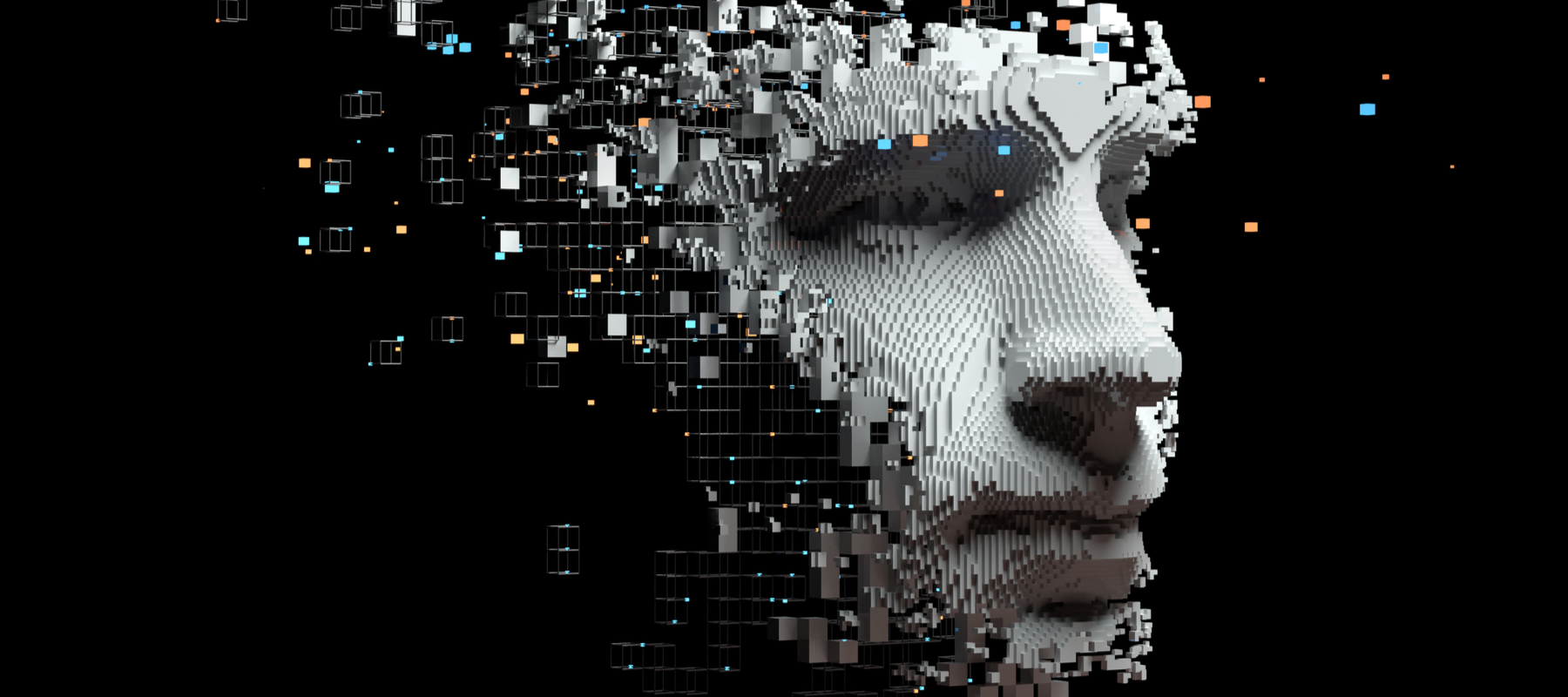Let’s be frank. If the global healthcare system went to see its GP for a check-up, it would be sent straight to the emergency department. Now more than ever, we are facing major challenges that are converging at once, which requires some urgent care. From overburdened staff, to skyrocketing costs, to high healthcare illiteracy rates, to an ever-growing aged care concern, these are but only a few of the issues that are significantly compounded by the pressures of today’s global pandemic.
I am incredibly thankful for the people doing the best possible job to maintain exceptional healthcare standards, but we need the right technologies to support them, and we need them now. By 2026, the healthcare industry in the U.S. alone will need 11.6 million workers to meet demands. According to a study by Accenture, artificial intelligence (AI) has the ability to cover 20% of that—and save over $150 billion a year in costs.
Previously among the more methodical industries to adopt technology, today’s global crisis represents a necessary opportunity to accelerate transformation in healthcare around the globe through AI. AI has the ability to solve several challenges facing healthcare systems today, but how can we leverage the benefits of AI and automation while still focusing on the foundation of healthcare, human emotion, and compassion?
Experiential AI and Digital Humans
Enter digital humans and experiential AI. Powered by AI, digital humans are compassionate patient experience ambassadors that recreate human interaction at an infinite scale. AI in healthcare may be solving for scalability and cost savings, but only experiential AI is able to maintain the all-important human touch as well. Actively working in healthcare and medical settings today, digital humans—more so than chatbots or virtual assistants—create experiential AI through supportive, accessible, and meaningful patient interactions.
Five ways digital humans can help ease the burden healthcare institutions are facing today are:
1. Mental health advocate: Digital humans have been found to negate people’s concerns around emotional embarrassment, including shame or guilt. These emotional roadblocks are natural human characteristics that greatly impede healthy and productive mental health. Mentemia, a New Zealand based company, has cloned Sir John Kirwan into a digital human as a mental health coach to help educate and bring awareness to the masses.
2. Increase healthcare literacy: Education and awareness are essential to ensure your census is well maintained, keeping healthy people out of the hospital and significantly reducing readmissions. From providing nutritional information, managing prescription questions, or simply checking in on discharged patients, digital humans can scale to meet the demands.
3. Expand patient insurance coverage: Specifically with Medicare in the U.S., digital humans have been proven to increase accuracy and completion of complex medical forms, including those for medical intake and insurance. In fact, digital humans performed 2x better than other digital means.
4. Create a welcoming digital front door: So much more than a simple patient intake system, a digital front door solution offers health systems unprecedented efficiency and patients the convenience they’ve never experienced in healthcare before. Adding a personality to this strategy will increase the likelihood of adoption by patients of all ages.
5. Reduce patient readmissions: 30% of patients say they don’t understand their discharge instructions and have questions about their prescriptions. Reduce readmissions by having a digital human review in detail the instructions and let the patient ask questions they may be too nervous to ask a nurse or doctor.
A Digital Workforce to Expand Healthcare Coverage
Don’t think that digital humans will replace existing staff, in fact, it’s quite the opposite. A 2018 study from BMC Health Services shows that 26% of healthcare workers (even before the pandemic) reported suffering from burn out. Almost one-third said they intend to leave their jobs within the next two years. Digital humans are here to help ease the burden on healthcare professionals, giving specialists time to spend on the most pressing matters. Continuing that thought process, healthcare digital humans will not be diagnosing patient conditions and prescribing medicine any time soon. That being said, digital humans have some extraordinary capabilities that can augment their human colleagues.
Connecting with the Patient Through Patience
The human face is the most universal interface on this planet. Digital humans, can use non-verbal cues to show sympathy, warmth, excitement, friendliness, and empathy to create an emotional connection with people. That connection can lead to more meaningful interactions; digital humans have been found to negate some patients’ feelings of embarrassment or shame. These emotional roadblocks are natural human characteristics that greatly impede healthy and productive conversation. Lastly, anyone can interact with a digital human. They’re available 24/7, either online or via a kiosk, are multilingual and scale infinitely to meet patient demand.
While healthcare workers continue to push themselves with a relentless ambition to provide the highest quality care, I firmly believe that it’s time to provide them the support they need. While AI will help find efficiencies and cost savings through automation, we must never forget that compassion, sympathy, and empathy are forever the foundation of a healthy healthcare system.









